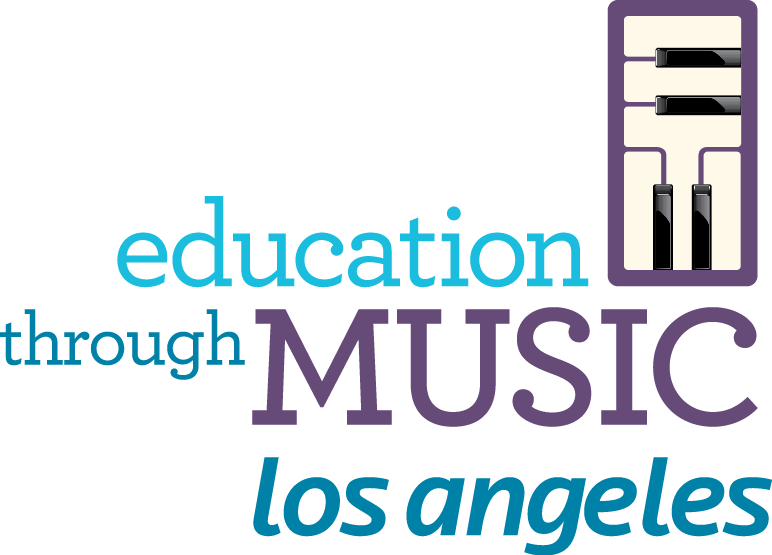
By Victoria Lanier, Executive Director of Education Through Music-Los Angeles
With cobblestone-paved streets stretched as far as the eye could see bordered by a tranquil lake perfectly situated beyond a lined row of ancient trees, the global leadership retreat I attended this summer in Berlin, Germany became an oasis of deep connection, reflection, and listening. Along with 79 other leaders from 22 countries representing a wide scope of fields including the arts, health, finance, education, social services, and government, I spent five intensive days immersed in the exploration of creating change. Each day was rich with storytelling, assaying new approaches towards our mindset and strategic problem-solving, and supporting our leadership teams through real-life case studies.

I had been invited to participate as a cohort member of eight arts leaders from California to continue our ongoing collective work of the Arts Innovation Lab through the LA County Arts Ed Collective – focused on building equity and access for all Los Angeles County students to receive quality arts instruction. Having devoted the majority of my adult life to this charge through the work of Education Through Music-Los Angeles, I am hopeful for the emerging future.
One salient message which resonated throughout the retreat was that if we are to affect change, we must be willing to “turn the telescope” around on ourselves – individually and as a society – and to actively listen. When space explorers sought to uncover the mysteries of unknown galaxies, one of the most provocative moments was when one astronaut turned the camera backwards onto ourselves, onto planet Earth. So often, as we seek new innovations and solutions, we tend to look “forward” and “outwardly.” But only through personal reflection of who we are in relationship to others will we be given a more profound perspective on our situation, and how to move forward thoughtfully, carefully, and respectfully of the entire ecosystem in which we find ourselves. Rather than presumptuously assigning solutions for what we deem is best for others and society, we must simultaneously turn the lens around on each of ourselves.
As a musician and music educator, I liken this to playing music in an ensemble, large and small alike. One must constantly be keenly listening and reflective about what he or she is doing while concurrently being aware of and actively listening to the other musicians; one must open his or her ears, heart, and mind to the others in the group. To the extent that the ensemble can perform as a sensitively interconnected body, the ensemble will produce a harmonious masterpiece. Despite differences among musicians in backgrounds, beliefs, education, or personalities, music (and all the arts) can teach us how to listen to those around us.
In turn, such listening through music can teach young children and adults alike to move from a “me” to “we” mentality and can bring about unity and acceptance of others in such unexpected ways. It is with this kind of relational approach that Education Through Music-LA seeks to uplift our school partners, districts, and communities in order to truly meet the diverse needs of our stakeholders. What may work for one school community may not for another. We ensure we are tuned into the struggles and challenges which our schools, parents, and children face so we can be adept in our response; when we are in concert with our stakeholders and with whom we serve will we be able to better usher outcomes in rhythm with our constituents.
So, it is time to listen. Always, it is time to listen.
Especially where new thoughts and ideas exist, we must be even more open and quick to listen. My time spent with leaders from diverse sectors around the globe taught me that we should continually embrace inclusivity and honor perspectives we might not otherwise seek out. For instance, how might we learn from such European governments like Germany’s who are able to fully fund all college students’ tuition? Or explore how the Netherlands is engaging its citizens around healthcare in order to provide this basic need for all? How can we all move forward in ways which seek to understand first?
During the retreat, I found that being surrounded by “openness” – in dialogue, exchange of thoughts, reflection, and in the pure openness of our natural landscape – provided a renewal of body, mind, and soul; it helped to encapsulate how we must listen as leaders and in relation to others if we are truly going to create positive change.
I am both hopeful and anxious for the future. I am hopeful when I witness music’s awesome power to develop the careful and responsive listening we all need. At the same time, to the extent that leaders (no matter whether leading from the front or behind the scenes) are willing to listen openly with humility, can we truly begin to create equity and access for all.






